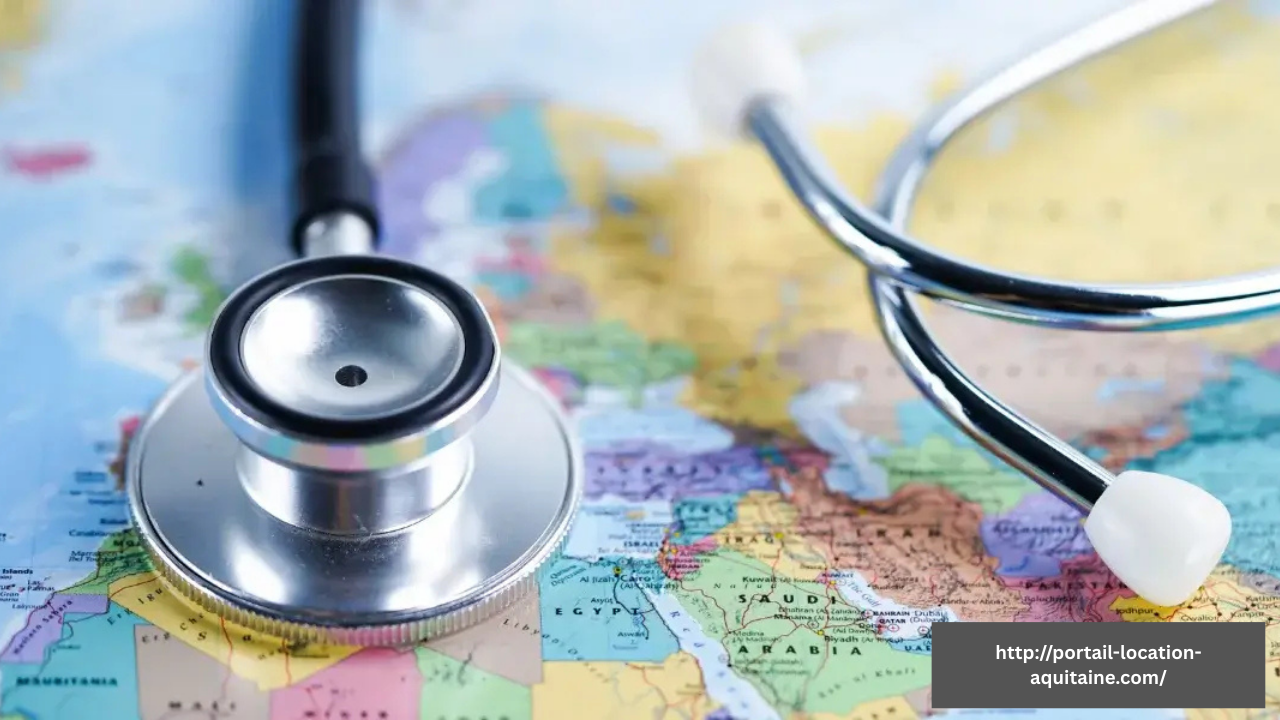The rising costs of healthcare in many parts of the world have led patients to seek affordable alternatives without compromising on quality. Medical tourism between [Country A] and [Country B] has flourished in this context, offering world-class treatment at a fraction of the cost patients would typically expect. This cross-border healthcare trend is transforming the medical landscape, making top-tier medical services accessible to a wider population.
Affordability Without Compromising Quality
One of the main attractions of medical tourism between [Country A] and [Country B] is the significant cost savings. Patients from [Country A] often find that procedures such as orthopedic surgeries, dental implants, or cosmetic treatments cost up to 70% less in [Country B]. On the other hand, patients from [Country B] sometimes travel to [Country A] for specialized treatments that may not be available domestically but are still more affordable than options in other developed countries.
Despite the reduced prices, the quality of care remains exceptionally high. Many hospitals and clinics in [Country B] are internationally accredited, boasting state-of-the-art technology and highly trained medical staff. Similarly, [Country A] has established a reputation for cutting-edge research and innovative treatment methods, drawing patients from around the world.
Access to Advanced Medical Technologies
The medical tourism relationship between [Country A] and [Country B] provides patients access to the latest medical technologies. Whether it’s robotic surgeries, advanced imaging techniques, or minimally invasive procedures, patients traveling between these two countries benefit from healthcare systems that prioritize innovation and continual improvement.
Personalized Care and Convenience
Hospitals catering to international patients often provide personalized services that enhance the treatment experience. Dedicated patient coordinators, multilingual staff, and customized treatment packages ensure a smooth, stress-free process. Patients can arrange consultations, treatments, and recovery stays in one comprehensive plan, making the logistics of international medical care much more manageable.
Moreover, many hospitals offer telemedicine consultations before patients even travel, allowing for preliminary assessments and better planning. Post-treatment follow-up care is also increasingly available via virtual platforms, minimizing the need for extensive travel.
Shorter Wait Times
Another key advantage of medical tourism between [Country A] and [Country B] is reduced waiting periods for critical procedures. In many healthcare systems, patients can face months-long delays for surgeries and specialist appointments. By traveling abroad, they can often receive prompt attention, improving their prognosis and quality of life.
Tourism and Recovery
An added benefit of medical tourism is the opportunity to recover in a pleasant environment. Both [Country A] and [Country B] boast attractive tourist destinations, from serene beaches to vibrant cultural landmarks. Combining medical treatment with the chance to relax and rejuvenate can aid in faster recovery and a more positive overall experience.
Conclusion
The appeal of medical tourism between [Country A] and [Country B] lies in its winning combination of affordability, quality, and convenience. By offering world-class treatment at half the cost, these two nations are redefining what is possible in global healthcare. As awareness grows, more patients will likely take advantage of the opportunities presented by this thriving international healthcare partnership.









